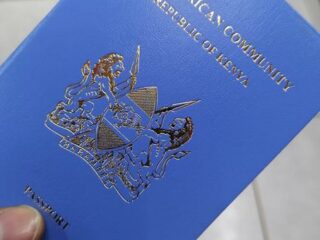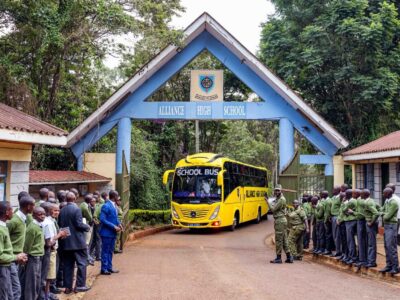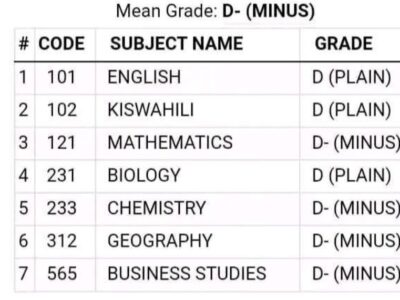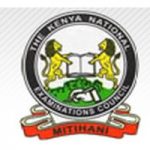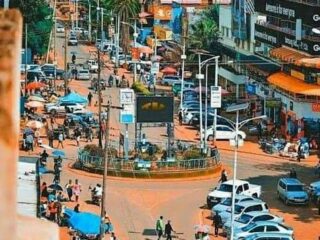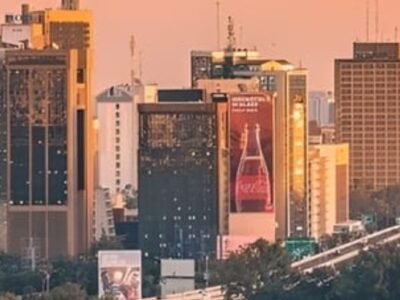In the early 1960s, as Kenya was emerging from colonial rule, young Raila Odinga—son of the fiery opposition leader Jaramogi Oginga Odinga—embarked on a journey that would shape his worldview and technical expertise.
Leaving Nairobi in 1962, Odinga headed to the German Democratic Republic (East Germany), a socialist state aligned with the Soviet bloc, where he immersed himself in higher education during the height of the Cold War.
His studies began at the Herder Institute in Leipzig, affiliated with the University of Leipzig, from 1963 to 1964. There, he honed his German language skills and completed preparatory courses, adapting to a rigidly ideological environment that emphasized engineering and state-driven progress.
Eager to dive deeper, Odinga transferred to the Technical University (now Otto von Guericke University) in Magdeburg, where he pursued and earned a master’s degree in mechanical engineering in 1970.
Those years weren’t just about textbooks and labs; whispers from the era suggest Odinga quietly set up an office to support his father’s Kenya People’s Union (KPU), an opposition party challenging President Jomo Kenyatta’s government back home.
This blend of academics and subtle activism hinted at the political firebrand he would become.Upon graduating, Odinga returned to Kenya that same year, channeling his engineering know-how into a lecturing role at the University of Nairobi’s Department of Mechanical Engineering.
His time in East Germany, marked by its disciplined work ethic and exposure to Marxist-Leninist principles, reportedly influenced his later advocacy for pan-African socialism and infrastructure development.
Fast-forward to February 2024, and Odinga made a poignant return to his alma maters amid his high-stakes campaign for the African Union Commission chairperson role. The nostalgic tour—visiting Leipzig and Magdeburg—drew media attention, with Odinga reflecting on how those formative years abroad fueled his resilience and vision for Africa’s unity.

